Year 12 Common Module Study Guides
Learning methods available
Select a year to see available courses
Do you struggle getting things done ahead of time? Tim did! In this post, he shares how he overcame poor time management to ace Year 12.

Join 75,893 students who already have a head start.
"*" indicates required fields
You might also like
In this post, Sydney Boys High alumni Tim Li shares how he overcame poor time management to ace Year 12 and score a 98.2 ATAR.
Name:
Tim Li
School:
Sydney Boys High School
University Course:
Bachelor of Commerce/ Bachelor of Computer Studies, UNSW
It required the least amount of memorisation. As it required little rote-learning, it was one of the most enjoyable subjects to study for, and the complex and puzzling questions provided an enjoyable challenge.
With extremely low marks in Year 11, I started Year 12 with no motivation to do well in English.
I disliked the prescribed texts, struggled with comprehension, and was unskilled in creative writing. Just as I saw slight improvements, I answered the wrong question for Module A during trials and got 12/20, which was demoralizing.
In Year 11, my greatest problem was my disorganisation!
I had very poor time-management and was easily distracted, which led to me falling behind at school.
So, in Year 12 I took steps to change my study strategy.
This is what worked:
By not having a daily to-do list in Year 11, I usually left all my homework until the day before it was due, and occasionally had to resort to foolish measures (like copying answers from the back of textbooks). By starting to follow a to-do list in Year 12, I always had something to do, which overall made me more productive.
In Year 12, at the end of each day, I wrote a to-do list for tomorrow, before I went to bed.
Even when you lack the desire to study, even blankly working through your to-do list will benefit you to an extent. As opposed to procrastinating, which gets you nowhere!
Mainly studying at home, in my room, I was often easily distracted by my computer and phone, which made me lose track of time and stop work.
I found it easier to study at the library. Some libraries have study rooms which you can reserve, and naturally, you would be more wary of the time you waste procrastinating.
If the library is inconvenient, try a sibling’s room, living room or an unfamiliar area.
Occasionally, I went to a Matrix campus after school because it was less crowded than the local library.
This is, for me, the most important piece of advice I can give!!!
In Year 11, I made notes at the same pace the content was covered at school. Which I came to think was ineffective and defeated the purpose of notes. Writing the notes took up lots of time that I could have better spent on revising them.
In Year 12, I prepared most of my notes in advance during the holidays (eg. in term 1 holidays, I would finish my notes for Term 2),. This introduced me to unseen concepts and theories earlier. Ultimately freeing up more of my time during the term for revision.
I found it beneficial to prepare notes/learn the course content during holiday breaks, prior to the upcoming term. By doing this, you’ll be ahead of your peers when school resumes, and you can consolidate your knowledge while others learn concepts for the first time.
I recommend taking the Matrix Holiday Courses, as they cover an entire term’s worth of content beforehand, in 3-hour lessons over 9 days. It helps to keep you productive during the holiday, a time where you may lack the motivation to study.
If that’s not for you, you could also try out the Term Courses, which are usually still ahead of school but are delivered weekly.
Both the Holiday and Term courses ensure that you go through the course content twice, adding depth to your knowledge.
During school terms, I spend most of my time reading the notes I’d developed over the holidays, and working on past papers.
Here is how I managed my time:
Physics doesn't need to be confusing
Expert teachers, detailed feedback, one-to-one help! Learn from home with Matrix+ Online Courses.
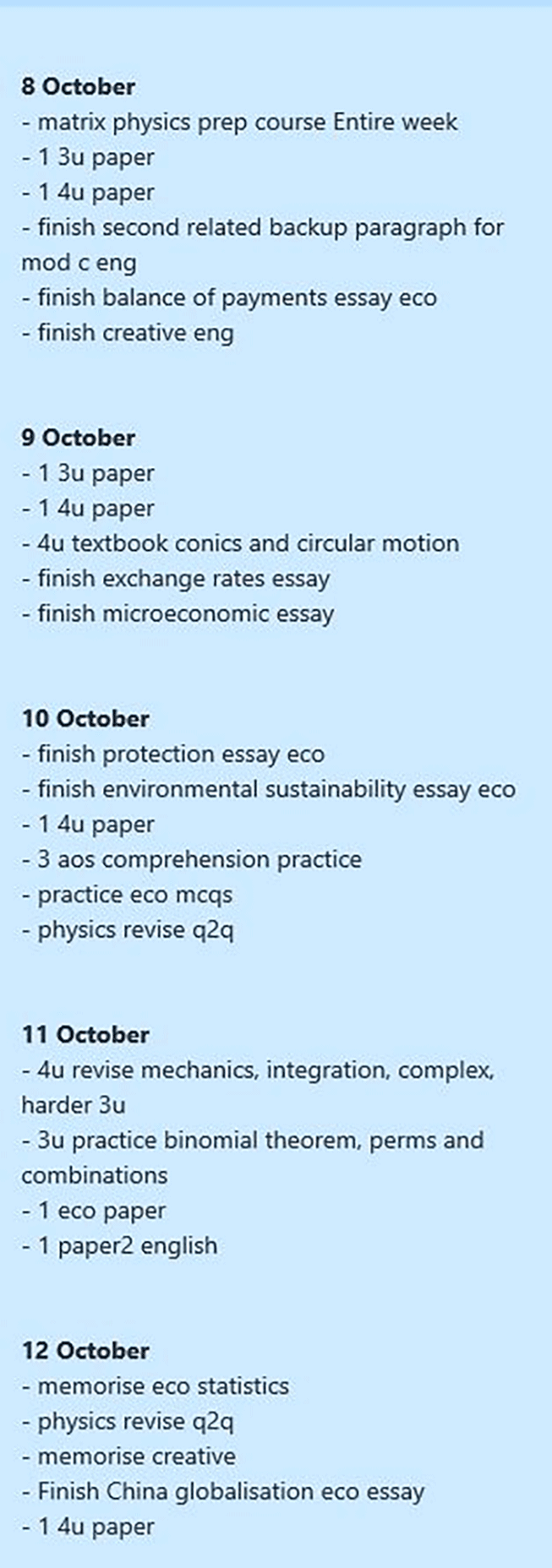
I tried managing stress and anxiety by giving myself plenty of study breaks.
Studying too much is unhealthy, puts you under prolonged stress, and may lead to exhaustion and “burnout”.
I used the following method:
When exams were approaching, I tried to prepare for them at least 3 weeks in advance.
Obviously, the effectiveness of study strategies varies depending on subjects and personal preferences. But this is what worked for me:
Since the Advanced English syllabus has changed for 2019, this may be irrelevant – but I memorised a creative piece of writing that can be modified to suit the exam question, and a generic essay for each Module (editor’s note – the new 2019 English syllabus won’t allow this approach). In the exam, I changed up my generic essay, modifying certain ideas, and using different quotes to better suit the question.
For Maths Ext 2, I would go through past papers and attempt the harder questions 13-15, as well as re-do textbook exercises for topics I struggled with.
For Maths Ext 1, I went through past papers. To prepare for the HSC I did them under a 1 hour 20 min time limit.
I made a list of careless errors, which I read through before an exam to make sure I didn’t make the same mistakes again.
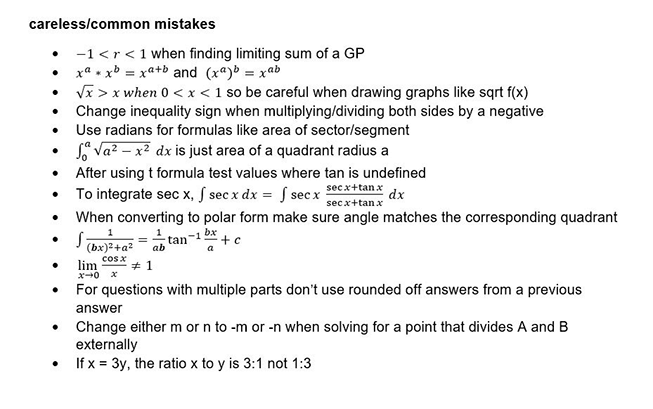
For Physics, I read through my Matrix Theorybook, making sure I understand everything, before doing past papers. I didn’t write notes for this subject as the Theorybook from the Matrix Physics courses are highly detailed and contain everything essential, in a very organised format.
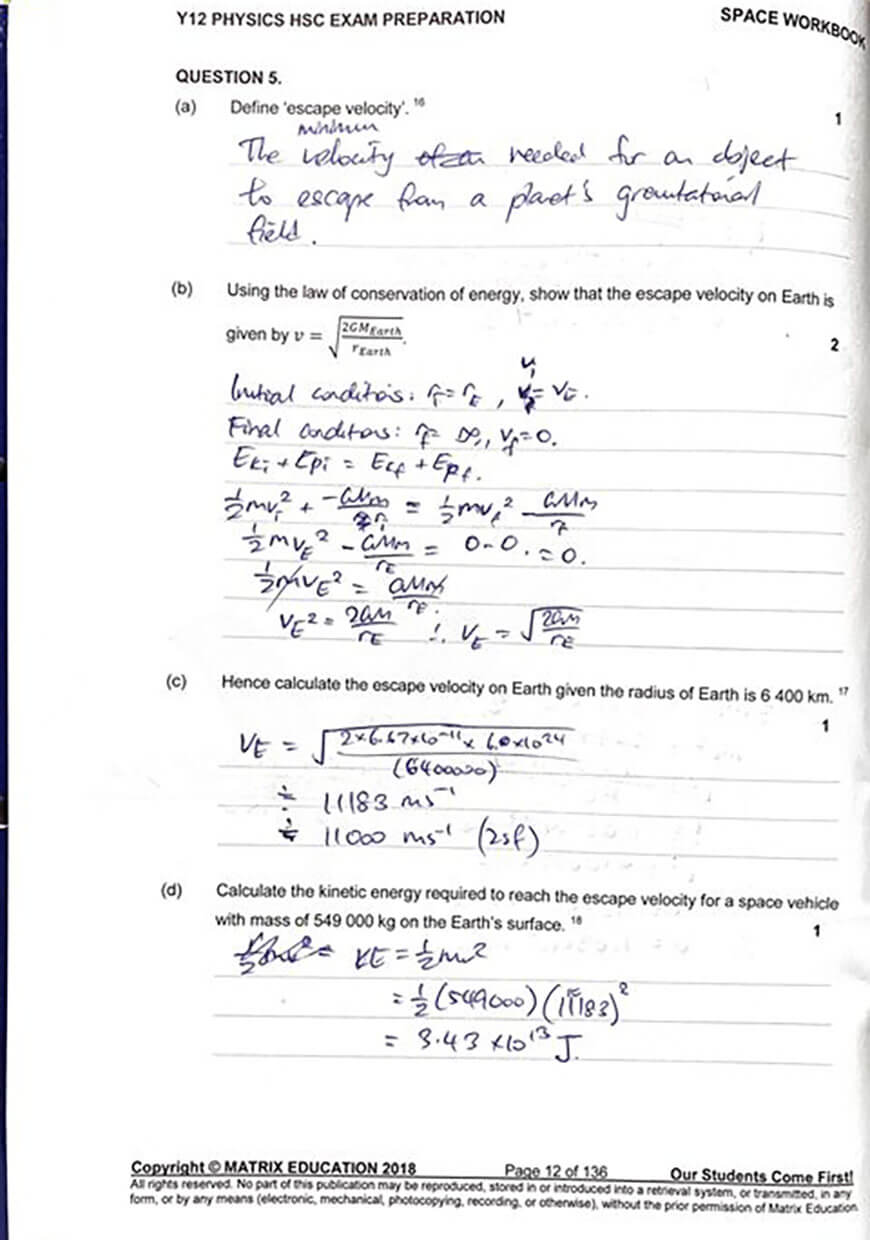
For Economics, I made essay plans for major topics, to prepare for the extended response questions. Also, after reading my summary notes, I wrote shorter, concise notes (basically notes of notes), which was more efficient to revise with and saved reading time.
As an example, here are how my syllabus notes for 1 subtopic looked compared to the shorter, condensed notes.
I actually cut down my notes even further, but this should get the point across:
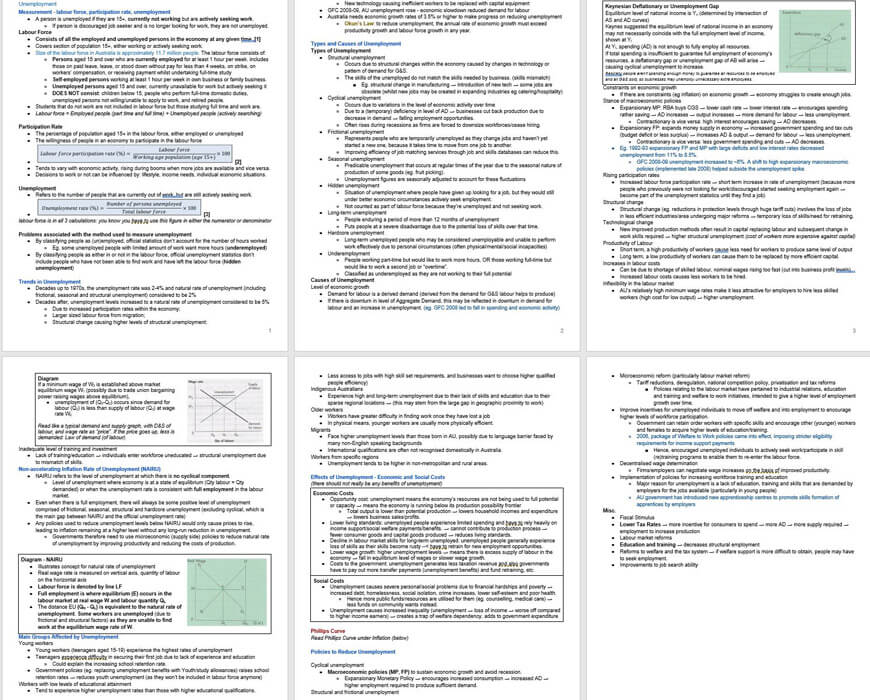
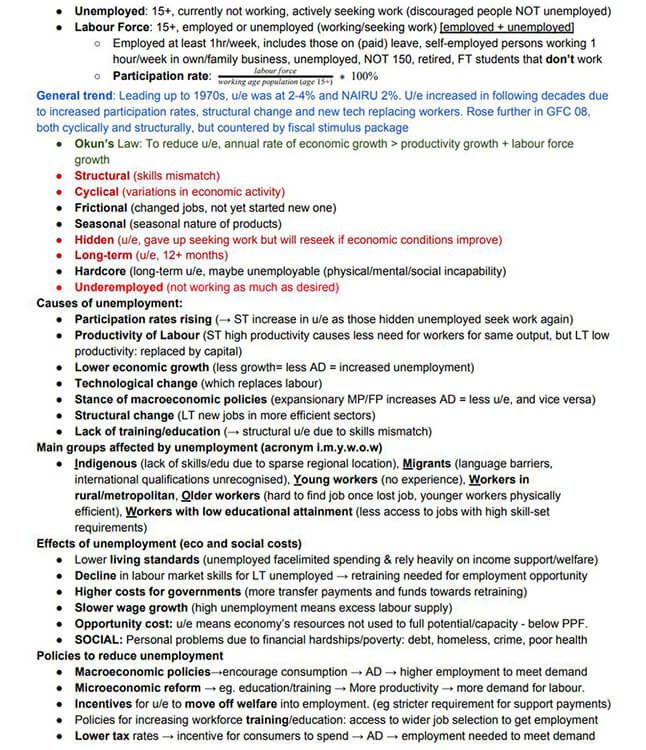
I had many regrets during Year 12, so if I could start the year again, there are many things I would change:
Thanks for reading my tips. Good luck with Year 12!
Written by Guest Author
We have regular contributions to our blog from our Tutor Team and high performing Matrix Students. Come back regularly for these guest posts to learn their study hacks and insights!© Matrix Education and www.matrix.edu.au, 2023. Unauthorised use and/or duplication of this material without express and written permission from this site’s author and/or owner is strictly prohibited. Excerpts and links may be used, provided that full and clear credit is given to Matrix Education and www.matrix.edu.au with appropriate and specific direction to the original content.